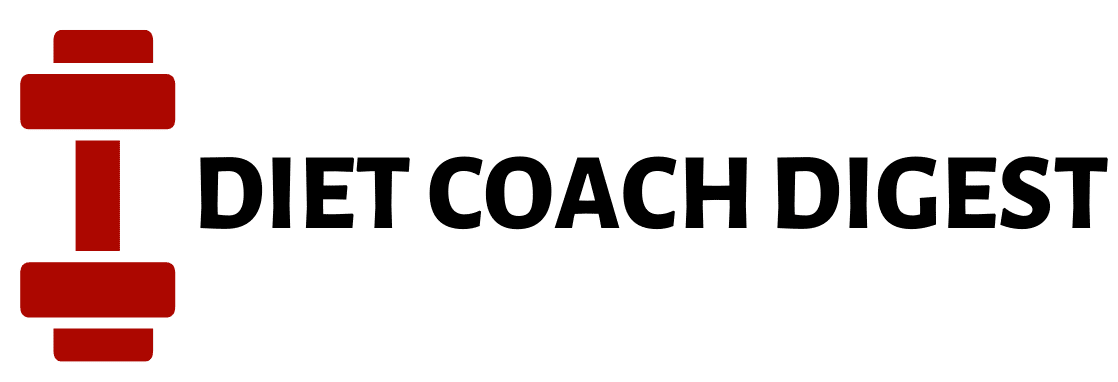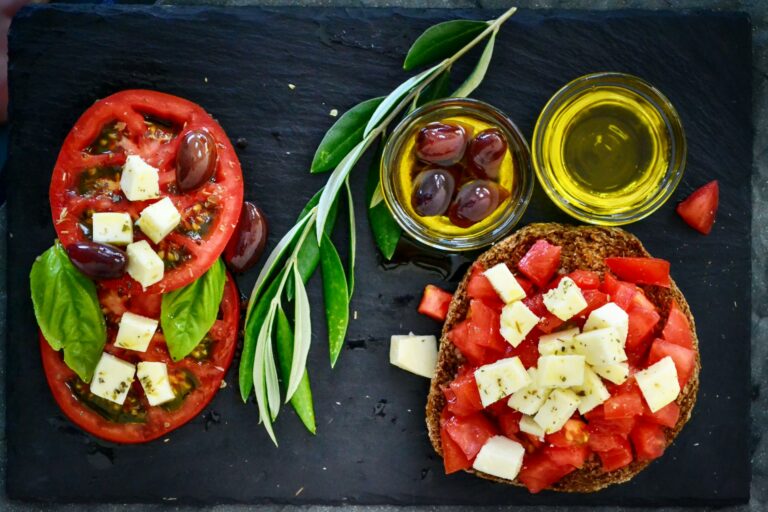Can You Build Muscle as a Vegetarian? Proven Methods

- Should You Train To Muscle Failure Every Set? What You Need To Know - March 4, 2025
- Nutrition in a Hurry: Top Post-Workout Snacks for Active People - February 20, 2025
- 15 Healthy Meal Prep Recipes: Your Weight Loss Made Easy - February 18, 2025
Contrary to common misconceptions, You can build muscle on a vegetarian diet. Research shows that plant proteins when properly combined, achieve similar muscle synthesis rates as animal proteins. Complete protein sources like quinoa, tempeh, and strategic rice and pea protein combinations provide all the essential amino acids needed for muscle growth. To maximize results, consume 20-30g of protein every 3-4 hours, with special attention to post-workout nutrition timing. Include anti-inflammatory foods like tart cherry juice and turmeric to enhance recovery. Strategic meal planning and proper supplementation can help you access your full muscle-building potential.
Key Takeaways
- Plant proteins can match animal proteins for muscle synthesis when properly combined through foods like quinoa, soy, or rice-pea combinations.
- Athletes can achieve sufficient protein intake through plant sources, with tempeh (31g/cup), TVP (12g/oz), and lentils (18g/cup) being excellent choices.
- Consuming 20-30g of complete protein every 3-4 hours supports muscle growth, regardless of protein source.
- Proper supplementation with B12, vegan protein powder, and creatine enhances muscle-building potential on a vegetarian diet.
- Strategic meal timing and post-workout nutrition with fast-digesting carbs optimize protein uptake and muscle recovery for vegetarian athletes.
The Protein Quality Misconception
Although many believe that plant proteins are inherently inferior to animal sources, scientific evidence suggests this perception is outdated. Modern research demonstrates that plant-based proteins, when properly combined, can match animal proteins in effectiveness for muscle synthesis and recovery.
While individual plant sources may have varying protein digestibility and amino acid profiles, strategic food combinations easily overcome these limitations. You’ll find that legumes paired with whole grains create complete protein profiles comparable to meat. Additionally, plant proteins like pea, hemp, and rice protein isolates now undergo processing techniques that enhance their digestibility and amino acid composition. Contemporary studies show that these refined plant proteins can achieve similar muscle protein synthesis rates to whey when consumed in equivalent quantities. Furthermore, adequate protein intake maximizes muscle recovery and growth following exercise.
Plant-Based Protein Powerhouses
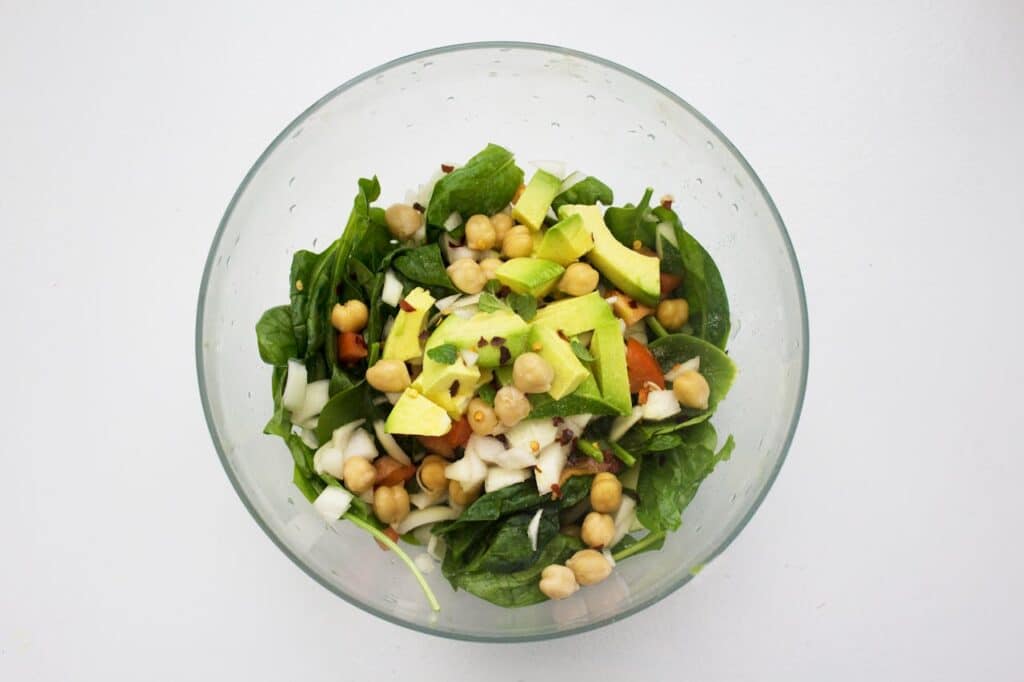
While many athletes focus on animal-based proteins, several plant sources provide exceptional protein content with additional health benefits. You’ll find concentrated protein in tempeh, seitan, and edamame, with tempeh offering 31g of protein per cup. Among tofu alternatives, consider TVP (textured vegetable protein), which delivers 12g of protein per ounce while remaining low in fat.
Legume benefits extend beyond their protein content, as they’re rich in fiber and minerals. Lentils pack 18g of protein per cup and contain iron essential for oxygen transport. Chickpeas, kidney beans, and black beans each provide 15g of protein per cup while offering complex carbohydrates that fuel your workout. These options also contain branched-chain amino acids (BCAAs) vital for muscle synthesis and recovery. Additionally, incorporating adequate protein intake into your diet is essential for maximizing muscle protein synthesis, crucial for muscle growth and recovery.
Essential Amino Acid Sources
Understanding essential amino acids becomes critical when building muscle on a plant-based diet since different protein sources contain varying amino acid profiles. You’ll need to combine multiple plant proteins strategically to guarantee you’re getting all nine essential amino acids your muscles require for growth and repair.
While quinoa, buckwheat, and soy are complete protein sources, you can create ideal amino acid profiles by pairing complementary foods. Combine rice with legumes, nuts with whole grains, or seeds with vegetables. For maximum muscle synthesis, you’ll want to consume leucine-rich foods like pumpkin seeds and soybeans. Track your intake of lysine, which is often limited in plant proteins, by incorporating lentils, tempeh, and seitan into your daily meals. This systematic approach guarantees you’re meeting all amino acid requirements for muscle development. Additionally, maintaining a consistent training schedule is essential for long-term results as you work towards your muscle-building goals.
Effective Meal Planning Strategies
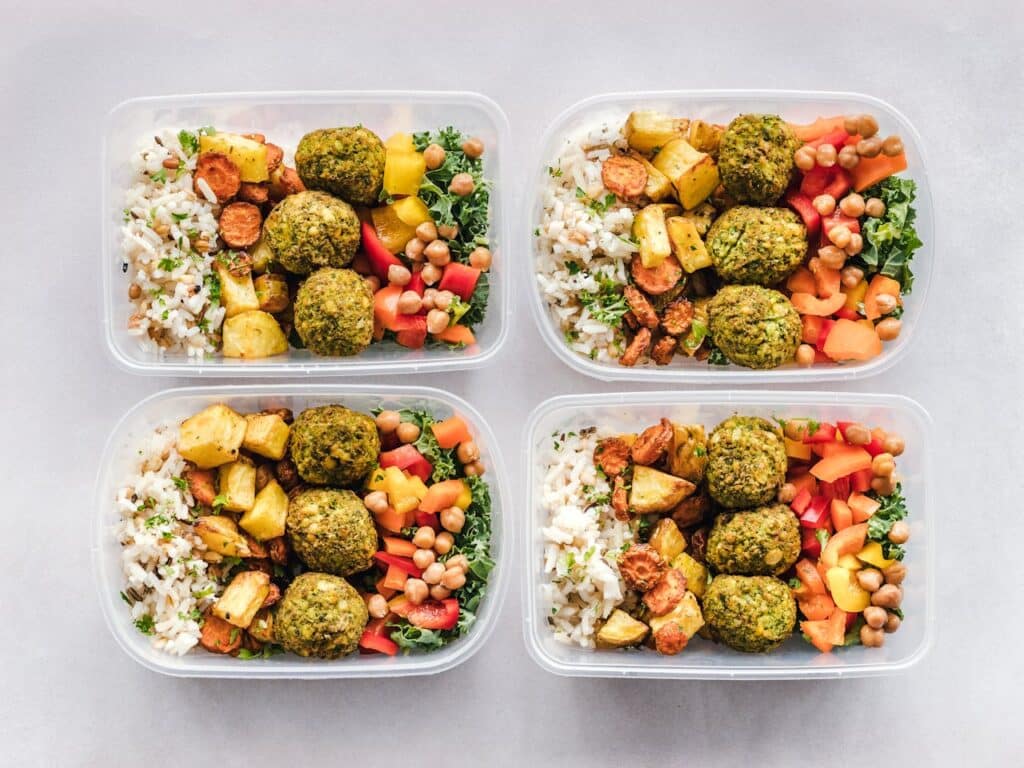
To maximize muscle gains on a vegetarian diet, you’ll need to structure your meals around specific macronutrient targets and ideal protein timing. Schedule 4-6 meals daily, spacing them 3-4 hours apart to maintain consistent amino acid availability for muscle synthesis. Guarantee each meal contains 20-30 grams of complete protein from complementary plant sources.
Implement strategic meal timing by consuming protein-rich foods within 30 minutes post-workout, when your muscles are most receptive to nutrients. Practice portion control by measuring servings of legumes, nuts, and grains to meet your calculated protein requirements. Divide your total daily protein target evenly across meals, and pair protein sources with complex carbohydrates to optimize muscle glycogen replenishment. Track your portions initially until you’ve developed reliable visual estimation skills. Additionally, understanding macronutrient balance is essential for ensuring that you meet your overall nutritional needs.
Vegetarian Performance Athletes
Professional athletes following vegetarian diets have repeatedly demonstrated that plant-based nutrition can fuel elite performance across diverse sports, from ultramarathons to Olympic weightlifting.
You’ll find numerous vegan athletes excelling in endurance training, including Scott Jurek, who dominated ultrarunning while consuming only plant-based foods. Their success stems from optimizing nutrient timing, emphasizing whole food sources, and strategically supplementing with B12 and other key micronutrients. Additionally, incorporating strength training into their routines helps to rebuild muscle mass and enhance metabolic rate, supporting overall performance.
To replicate their results, you’ll need to focus on high-quality protein sources like tempeh, seitan, and legumes while maintaining adequate caloric intake for your training demands. Track your macronutrients carefully, paying special attention to leucine-rich foods that support muscle synthesis. Consider working with a sports nutritionist who specializes in plant-based performance to fine-tune your approach.
Supplementation For Maximum Results
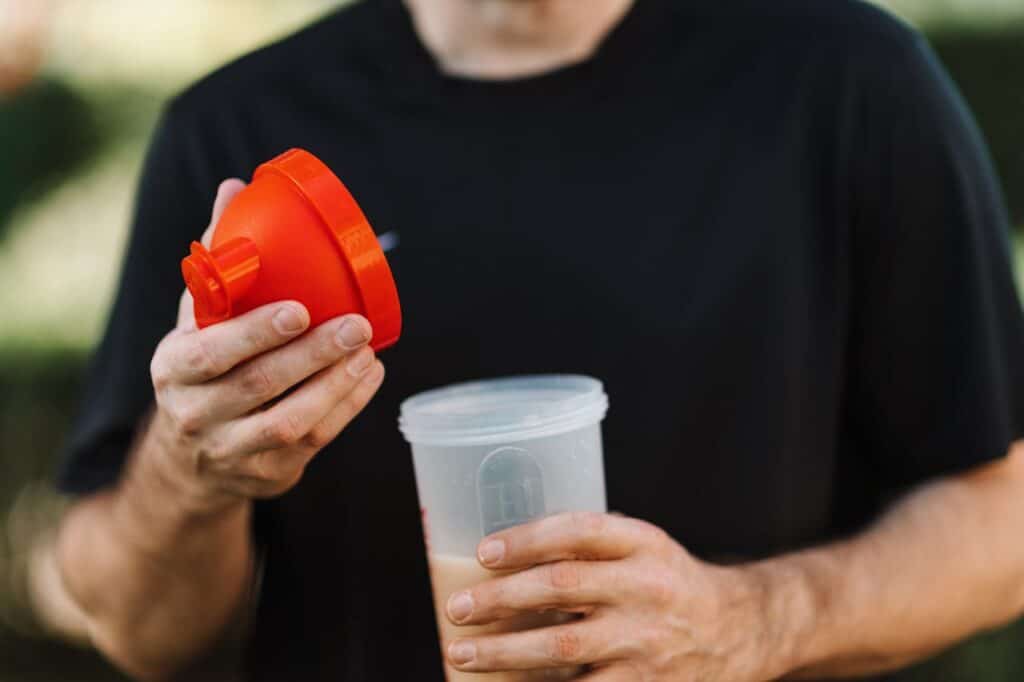
While plant-based diets can supply the most essential nutrients, strategic supplementation helps optimize muscle growth and athletic performance for vegetarian athletes. Your supplement protocol should include key nutrients commonly deficient in vegetarian diets, along with performance-enhancing compounds.
| Supplement | Purpose | Recommended Dosage |
|---|---|---|
| B12 | Red Blood Cell Formation | 2.4mcg daily |
| Vegan Protein Powder | Muscle Recovery | 1.6-2.2g/kg bodyweight |
| Creatine | Strength & Power | 5g daily |
You’ll need to prioritize high-quality vegan supplements that are third-party tested and certified. Focus on plant-based protein powders derived from pea, hemp, or rice sources to guarantee complete amino acid profiles. Consider adding omega-3 supplements derived from algae, particularly if you’re not consuming fortified foods regularly.
Tracking Macros On Plants
Successfully tracking macronutrients on a plant-based diet requires meticulous attention to protein, carbohydrate, and fat ratios from whole food sources. You’ll need to focus on combining complementary plant proteins like legumes with grains to achieve ideal amino acid profiles.
Effective macro tracking demands that you weigh and measure plant sources precisely, as volume measurements can be unreliable. Use digital food scales and tracking apps to monitor your intake of protein-rich foods like tempeh, seitan, and lentils. Calculate your daily requirements based on your lean body mass, adjusting ratios as needed for muscle growth.
Document your intake of healthy fats from nuts, seeds, and avocados while maintaining appropriate carbohydrate levels through whole grains and starchy vegetables. This systematic approach guarantees you’re meeting your nutritional targets for muscle development.
Recovery Without Animal Products
Since muscle recovery depends heavily on protein synthesis, plant-based athletes must strategically time their post-workout nutrition using high-quality protein sources. You’ll find that combining rice and pea protein immediately after training maximizes muscle repair by providing a complete amino acid profile. Studies show that plant-based protein powders when properly dosed, match whey protein’s effectiveness for recovery.
- Consume 20-30g of plant protein within 30 minutes post-workout
- Pair protein with fast-digesting carbohydrates like fruit or juice to enhance uptake
- Include anti-inflammatory foods like tart cherry juice or turmeric to reduce muscle soreness
Your recovery protocol should emphasize nutrient timing and complementary protein combinations. This approach guarantees ideal muscle repair and growth, even without traditional animal-based protein sources.
Frequently Asked Questions
How Long Does It Take to See Muscle Gains on a Vegetarian Diet?
You’ll see initial gains within 6-8 weeks when consuming adequate protein sources and maintaining proper muscle recovery. Consistent training and nutrition can yield comparable results to non-vegetarian muscle building.
Can Vegetarians Build Muscle as Quickly as Meat-Eaters?
You can achieve comparable muscle growth rates when you match protein intake through well-planned vegetarian sources. With proper diet planning and adequate plant-based proteins, your gains can parallel those of meat-eaters.
What’s the Best Workout Routine for Vegetarian Bodybuilders?
Focus on compound exercises like squats, deadlifts, and bench presses. You’ll need to time your plant protein sources around workouts and maintain 4-5 training sessions weekly for ideal muscle growth.
Do Vegetarian Athletes Need More Rest Days Between Workouts?
Mindful muscle maintenance matters: You don’t need extra rest days as a vegetarian athlete. Follow standard recovery strategies and guarantee adequate protein intake between workouts for ideal muscle repair and growth.
Should Vegetarians Eat More Frequently Throughout the Day for Muscle Growth?
You don’t need to eat more frequently; meal timing isn’t critical for muscle growth. Focus on your daily total protein and calorie goals while ensuring proper nutrient absorption through balanced, well-planned meals.
Final Thoughts
You’ve seen how plant-based muscle building combines scientific precision with time-tested results. While animal proteins deliver complete amino profiles, strategic vegetarian nutrition achieves identical outcomes through complementary protein pairing. Your success depends on calculated macronutrient tracking and evidence-backed supplementation protocols. Whether you’re an elite athlete or recreational lifter, you can build substantial muscle mass while adhering to vegetarian principles.
Table of Contents
